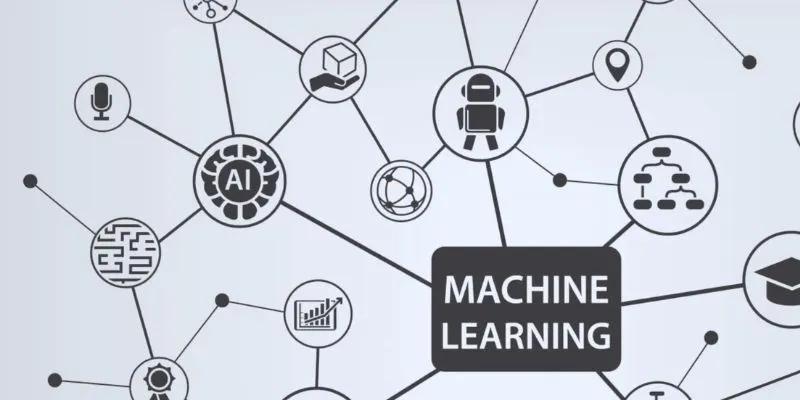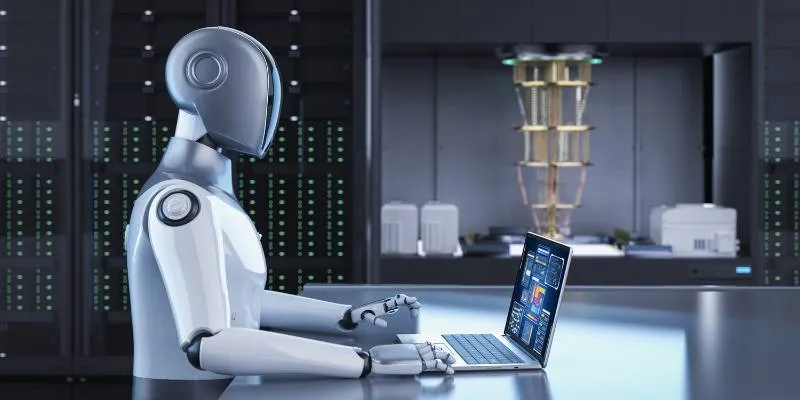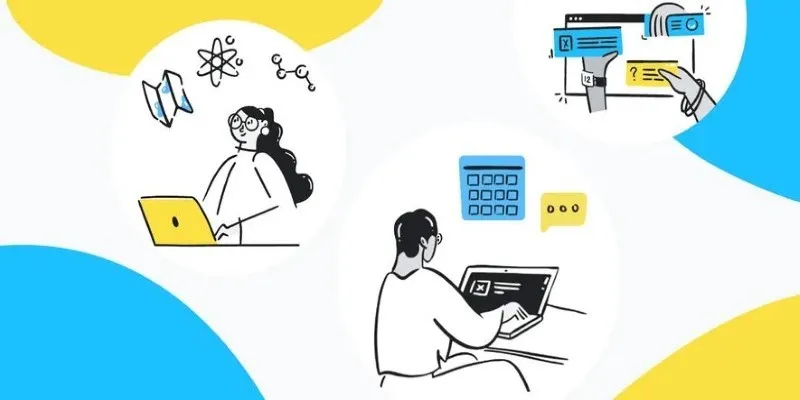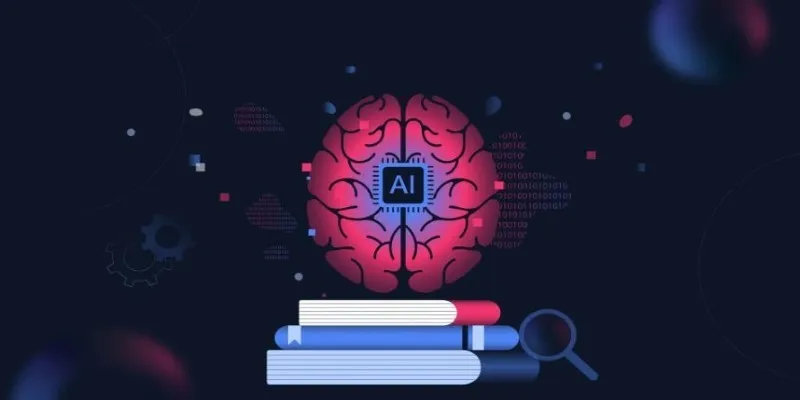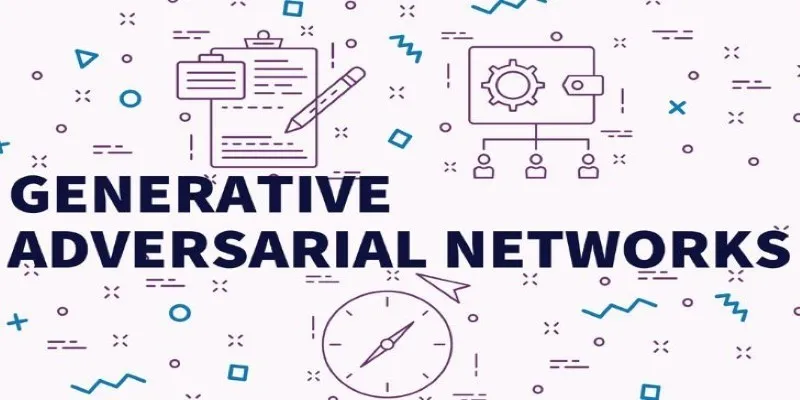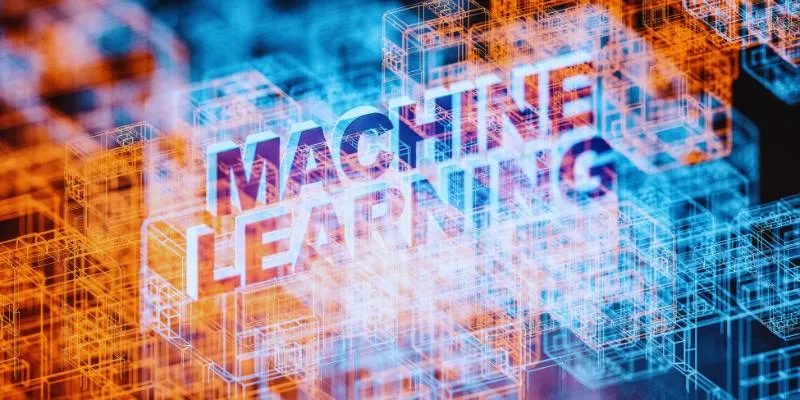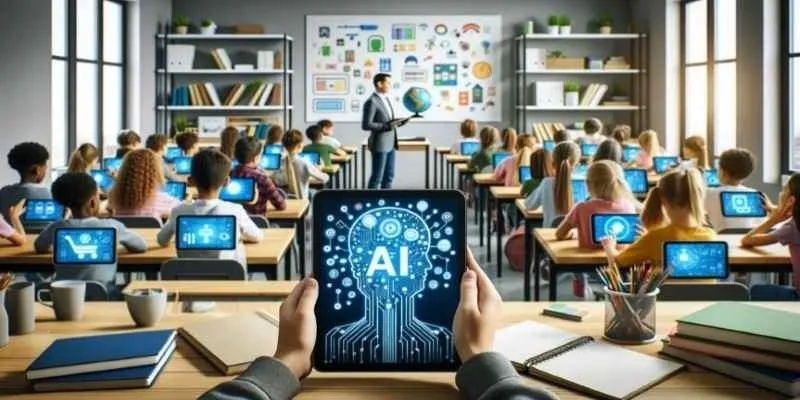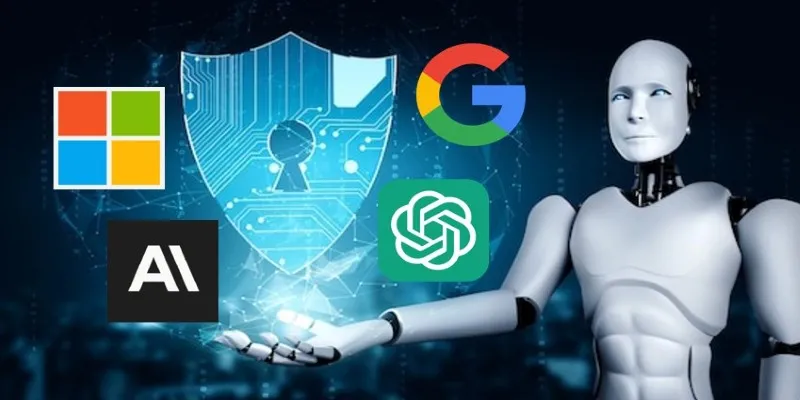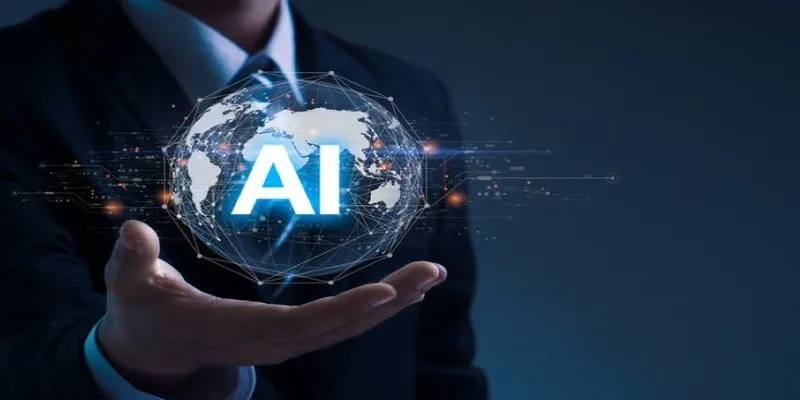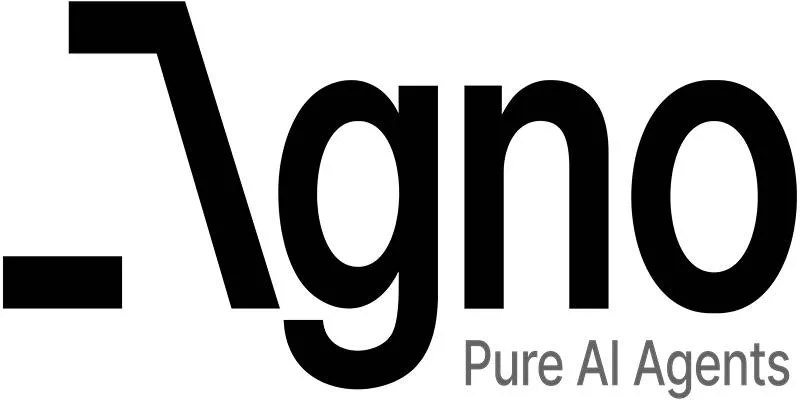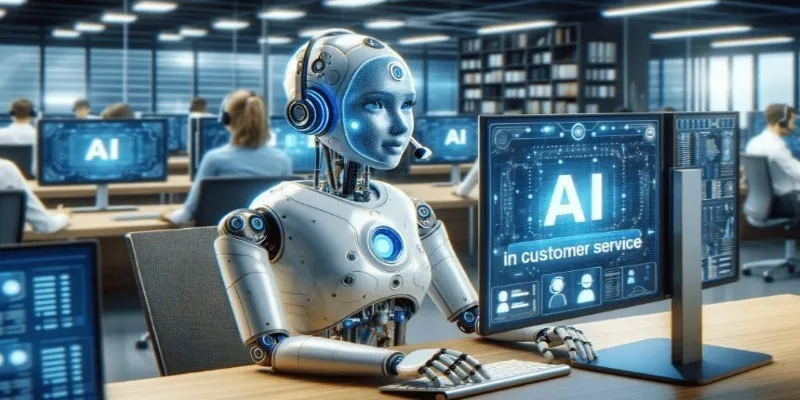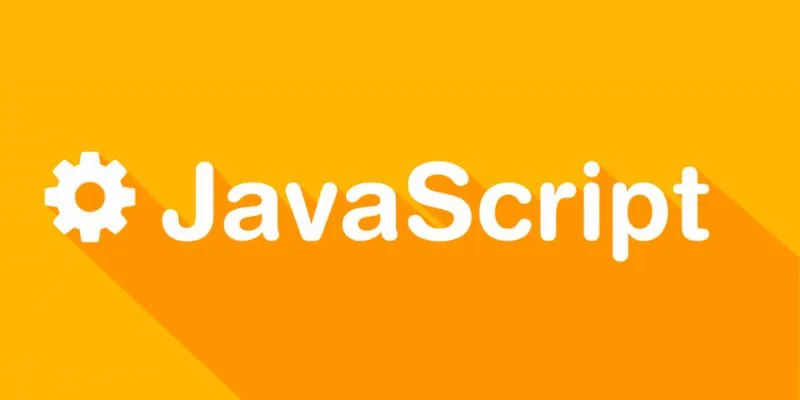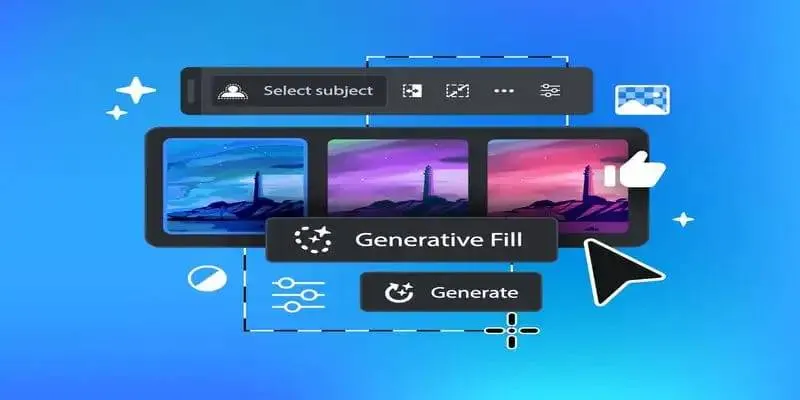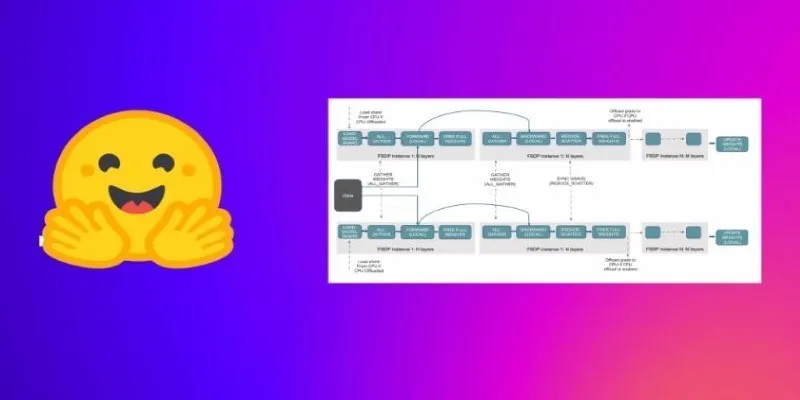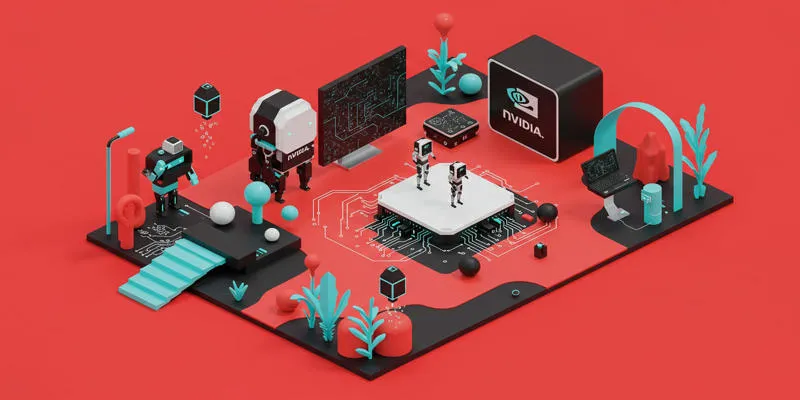Education is not a one-size-fits-all experience. Each student possesses unique skills, weaknesses, learning styles, and learning speeds. Traditionally, meeting the individual needs of every student in a large classroom has been a challenge. However, with advancements in artificial intelligence (AI), significant changes are transforming the educational landscape.
AI-driven personalized learning allows teachers, schools, and educational platforms to tailor educational experiences, ensuring that each student receives optimal instruction. This article explores how AI responds to students’ needs, the tools involved, and the potential impact on the future of education.
Understanding Personalized Learning with AI
Personalized learning with AI involves customizing lessons to align with each student’s goals, pace, and learning style. AI tools analyze individual learning patterns and adapt educational materials and videos accordingly. This approach is beneficial for students who require additional support, aiming to enhance learning outcomes and enjoyment for all.
How Adaptive Learning Systems Operate
Adaptive learning systems utilize AI algorithms to continuously learn from student interactions. As students progress, these systems gather real-time data and identify patterns, delivering tailored content that matches their skill levels and learning preferences.
These systems typically offer:
- Diagnostic assessments to establish starting points
- Dynamic content delivery that evolves with student progress
- Progress tracking dashboards for students and teachers
- Feedback loops providing explanations and support
This adaptive approach keeps students engaged, preventing frustration or boredom from material that is either too challenging or too simple. A key advantage of adaptive learning systems is their ability to identify learning gaps early, enabling timely interventions to keep students on track.
Advantages of AI in Student-Centered Education
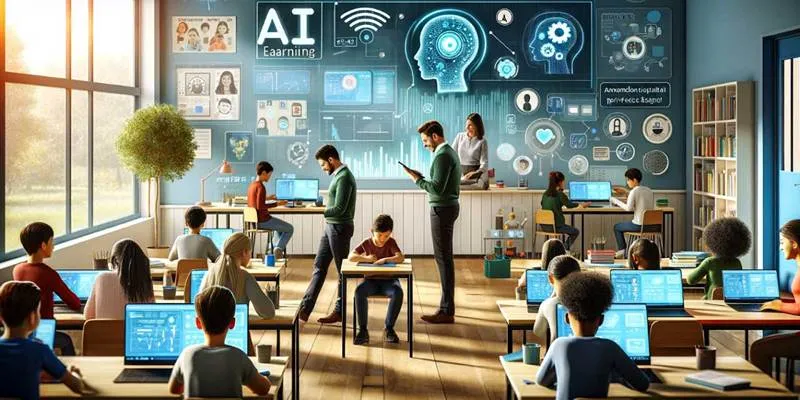
AI plays a pivotal role in shifting towards a student-centered education model, where learners are the focus, and instruction adapts to meet their needs. The benefits of this shift include:
- Customized learning paths: Students explore topics in ways that align with their abilities and interests.
- Real-time support: AI tools offer instant corrections, hints, or supplementary materials when students encounter difficulties.
- Faster progression: Advanced learners can advance without waiting for peers, reducing boredom.
- Confidence building: Success in personalized challenges fosters a growth mindset.
- Efficient classroom management: Teachers gain actionable insights to guide instruction and offer targeted support.
By placing students at the center of the educational experience, AI fosters an inclusive and effective learning environment.
Applications of AI-Powered Learning Tools
AI is already a crucial component of various learning platforms and educational systems. Educational tools and apps leverage AI to personalize content and boost engagement.
Notable AI applications in education include:
- Khan Academy: Employs adaptive assessments to guide students through personalized math lessons.
- Duolingo: Adjusts language practice based on accuracy, speed, and errors.
- Smart reading apps: Provide vocabulary assistance and adjust story difficulty for young readers.
- Learning management systems (LMS): Analyze student submissions and provide feedback to teachers.
In classroom settings, teachers often integrate AI platforms with traditional instruction to effectively manage mixed-ability classes. Rather than replacing educators, AI serves as a digital assistant that enriches the learning experience.
The Role of Teachers in AI-Based Education
Despite the increasing use of AI, teachers remain central to education. While AI provides content, teachers offer context, emotional support, and motivation. When effectively utilized, AI tools empower teachers to become more effective guides in the learning process.
Teachers benefit from AI in several ways:
- Identifying at-risk students early through performance data
- Reducing administrative tasks, such as grading and lesson planning
- Delivering personalized homework or revision materials
- Tracking classroom trends to adjust teaching methods
Instead of replacing educators, AI frees up time, allowing teachers to focus on mentorship, creativity, and building strong student relationships.
Challenges of Implementing AI in Education
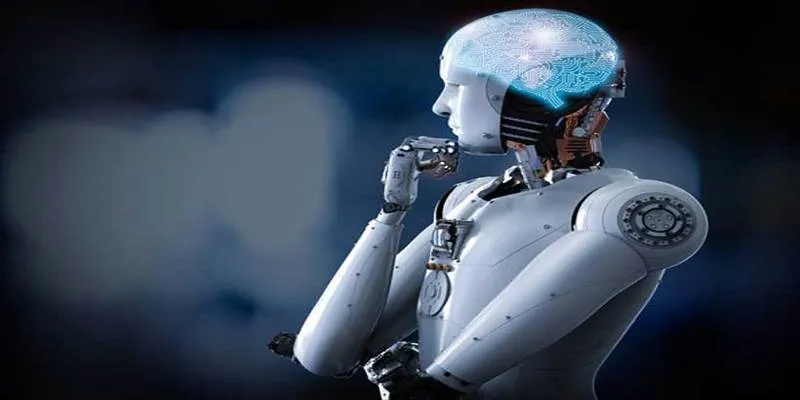
While AI in education offers numerous benefits, several challenges must be addressed for successful implementation.
Key challenges include:
- Digital divide: Students in underserved communities may lack access to necessary devices or the internet.
- Data privacy: Protecting sensitive student data with robust privacy measures is crucial.
- Bias in algorithms: AI systems may reflect biased training data, leading to unfair learning outcomes.
- Teacher readiness: Educators require training and support to effectively integrate AI into their classrooms.
Policymakers, school leaders, and technology developers must collaborate to create safe, ethical, and accessible AI-powered learning environments for all students.
A Real-World Example: Transforming Struggles into Success
Consider a middle school student struggling with reading comprehension. Using an AI-powered reading platform, the system identifies the student’s primary challenge—difficulty with vocabulary in non-fiction texts. It then adjusts by offering simpler passages, adding vocabulary hints, and tracking progress.
As the student improves, the platform gradually introduces more complex readings. The teacher, receiving weekly reports, offers further support during class. Over time, the student not only catches up but begins to read above grade level. This example illustrates the true value of adaptive AI tools in unlocking each student’s potential.
Conclusion
AI-powered personalized learning is revolutionizing education by making it more flexible, inclusive, and effective. By adapting to each student’s pace, learning style, and ability, AI helps unlock individual potential and enhance academic performance. While challenges persist, the partnership between intelligent systems and dedicated educators is paving the way for a future where every student can succeed. As education evolves, one thing becomes clear: when technology adapts to the learner, rather than forcing the learner to adapt to the system, real progress is possible.
 zfn9
zfn9



